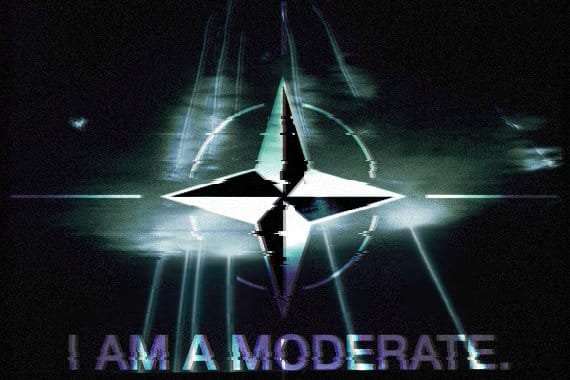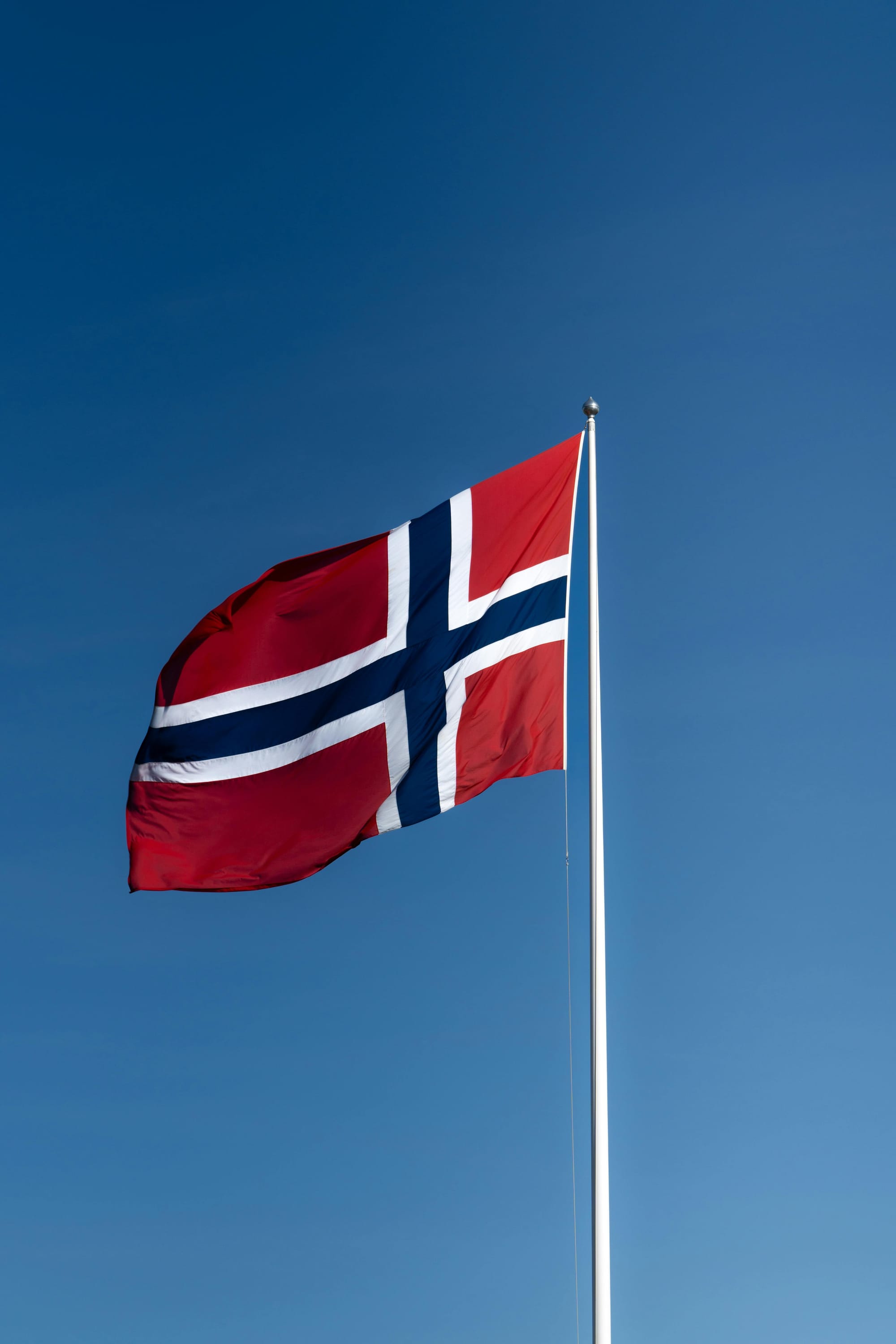(Untitled)
Gen. Breedlove on recent events
f#a#∞
Let My Subaltern AI Write #1
(This is me::: If my subaltern AI can figure this out, why can't the aggressor ➔ who looks weaker and weaker with such attacks➔ figure it out?)
Russia's Targeting of Children Seen as a Sign of Weakness and Desperation
Numerous analysts and international observers are increasingly interpreting Russia's relentless and often indiscriminate attacks that result in the deaths of children in Ukraine as a significant indicator of military and strategic weakness rather than strength. This perspective is rooted in a combination of factors, including the perceived lack of battlefield progress, the nature of the tactics employed, and the psychological and political motivations behind such actions.
Recent reports from the United Nations and various news outlets continue to document the devastating toll of the war on Ukraine's youngest citizens. These reports detail numerous instances of residential buildings, schools, and hospitals being struck by Russian missiles and drones, leading to the death and injury of children on a near-daily basis. International bodies have unequivocally condemned these actions, with many labeling them as war crimes.
Military and political analysts suggest that a key reason for viewing these tactics as a sign of weakness is the apparent inability of the Russian military to achieve its primary objectives through conventional warfare. Frustrated by a resilient Ukrainian defense and significant losses of personnel and equipment, Russia has increasingly resorted to a strategy of attrition and terror. By targeting civilian areas, including those with a high concentration of children, Moscow may be attempting to break the will of the Ukrainian people and leadership, hoping that the immense psychological toll will force concessions.
Experts in military strategy often argue that a strong and disciplined military force is characterized by its precision and ability to distinguish between military and civilian targets. The widespread and often indiscriminate nature of Russia's attacks on populated areas is seen by some as evidence of a less capable and more desperate force. The use of less precise, long-range weaponry against urban centers can indicate an unwillingness or inability to engage in more complex and effective combined arms operations on the front lines.
Furthermore, some analyses point to the targeting of civilians as a deliberate strategy to sow fear and chaos, a hallmark of asymmetrical warfare often employed by weaker actors who cannot compete on a conventional battlefield. This perspective suggests that by inflicting suffering on the civilian population, Russia aims to create a level of societal trauma that will ultimately undermine Ukraine's war effort from within.
From a political standpoint, the persistent killing of children is viewed as a profound moral and strategic failure. It alienates the international community, galvanizes support for Ukraine, and solidifies Russia's status as a pariah state. This self-inflicted political damage is seen as a sign of weakness, as it demonstrates a disregard for the long-term consequences of its actions in favor of short-term, and often questionable, military gains.
In its official statements, the Russian government has consistently denied deliberately targeting civilians, often claiming that its strikes are aimed at legitimate military targets and that any civilian casualties are the result of Ukrainian air defenses or are fabricated. However, these claims are widely disputed by a vast body of evidence gathered by international investigators and journalists on the ground.
In conclusion, while the human cost of Russia's actions, particularly the killing of children, is a tragedy of immense proportions, the strategic and military implications are also significant. A growing consensus among analysts is that these tactics are not a demonstration of power, but rather a reflection of a military struggling to achieve its objectives, resorting to terror to compensate for its conventional shortcomings, and exhibiting a profound political weakness on the global stage.
Deja Vu
Foul Breeze
Members Only, Vol. 2

